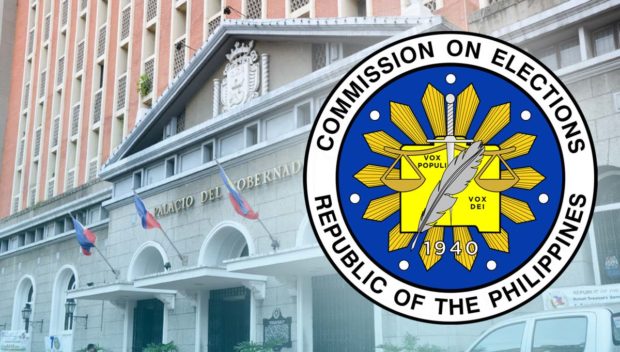The Commission on Elections (Comelec) on Tuesday disproved allegations by a group led by former Gen. Eliseo Rio Jr. that there was early transmission of election returns (ERs) before voting hours closed in the May 9 elections last year, saying a firewall “restricts and validates” the transfer of votes.
In a statement, Comelec said the network activity detected in the logs of telecom provider Globe Telecom was a system “connection” between the municipal board of canvassers (MBOC) and the consolidated canvassing system, and not the transfer of votes.
“At 1 p.m. a [canvassing system] connection from the MBOC was identified, which was caused by the [system] power-up that triggered the network activity that created the telco logs,” it explained.
The poll body stressed that the recorded data before 7 p.m., or when the casting votes ended, “[do] not equate to the transmission of ERs.”
‘Network data, not election data’
A separate activity found in the logs of Smart Communications was the activation of “network data, not election data” that were active from 1 p.m. to 7 p.m. on Election Day, it noted.
It added that the Smart telco logs showed only the “software-defined wide area network” (SD-WAN) in the towns of Alabel in Sarangani and Agoo in La Union, Agoncillo in Batangas, as well as the city of Sagay in Negros Occidental.
“The volume of traffic … refers not to election data, but rather to network data needed to monitor the status of the SD-WAN device,” Comelec said.
This means, it said, that there were “two” network traffic: “The network monitoring traffic before 7 p.m. and the election results network traffic after 7 p.m.”
The poll body further pointed out that it was “not possible” for the telco logs to show that a foreign or illegal device sent ERs because “only a [vote-counting machine] can connect and transmit using validated digital certificates” and that a firewall prohibits the transfer of votes before polling hours closed. INQ
